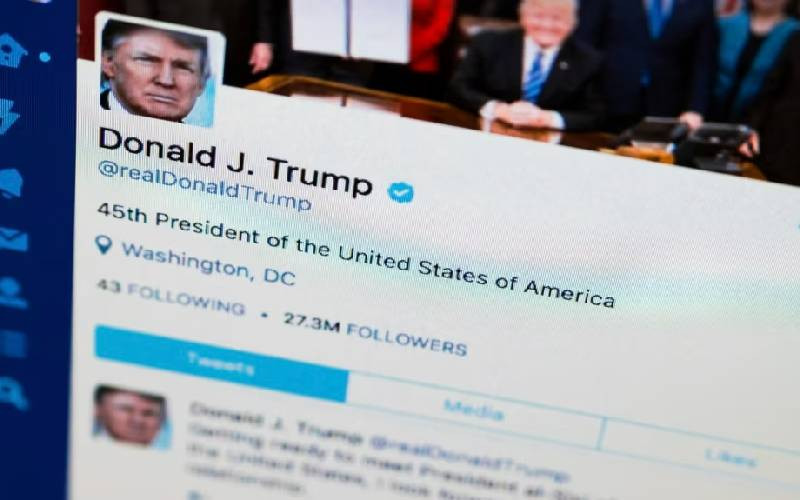×
The Standard e-Paper
Smart Minds Choose Us

Justice Department special counsel Jack Smith obtained a secret search warrant last January for information from former U.S. President Donald Trump's Twitter account, court records showed Wednesday. A judge fined the social media company $350,000 for failing to quickly comply.
Trump spent almost the entirety of his four-year term in the White House posting thousands of Twitter comments, although it was unclear exactly what information Smith was seeking with the search warrant.